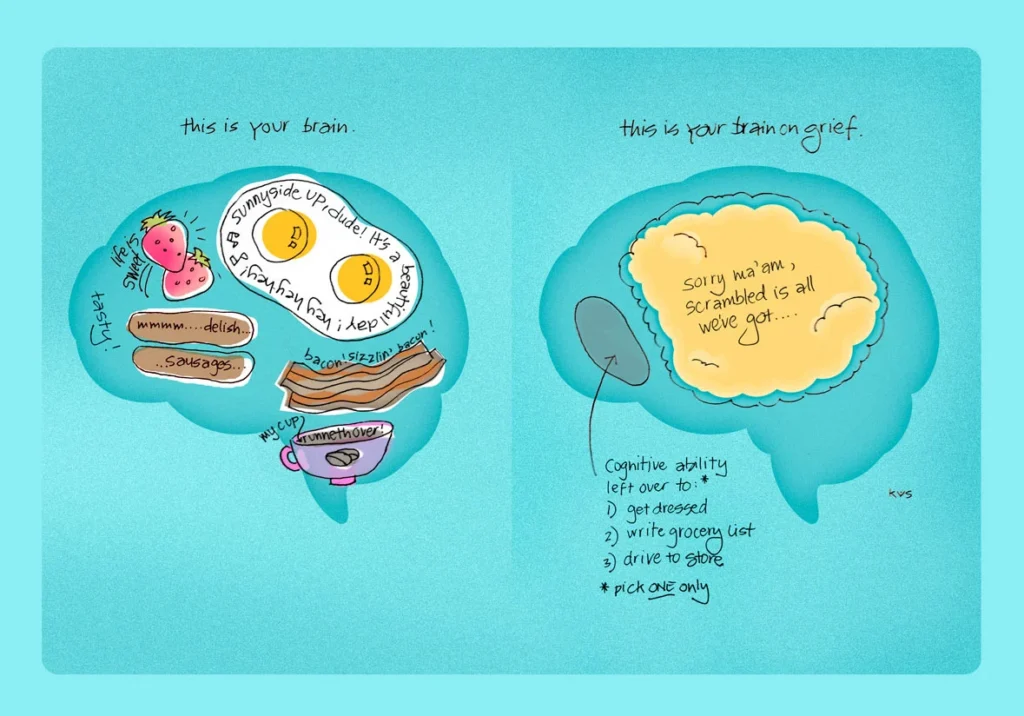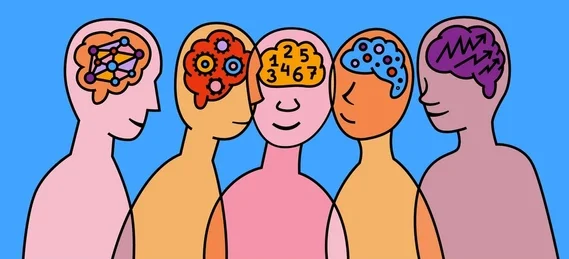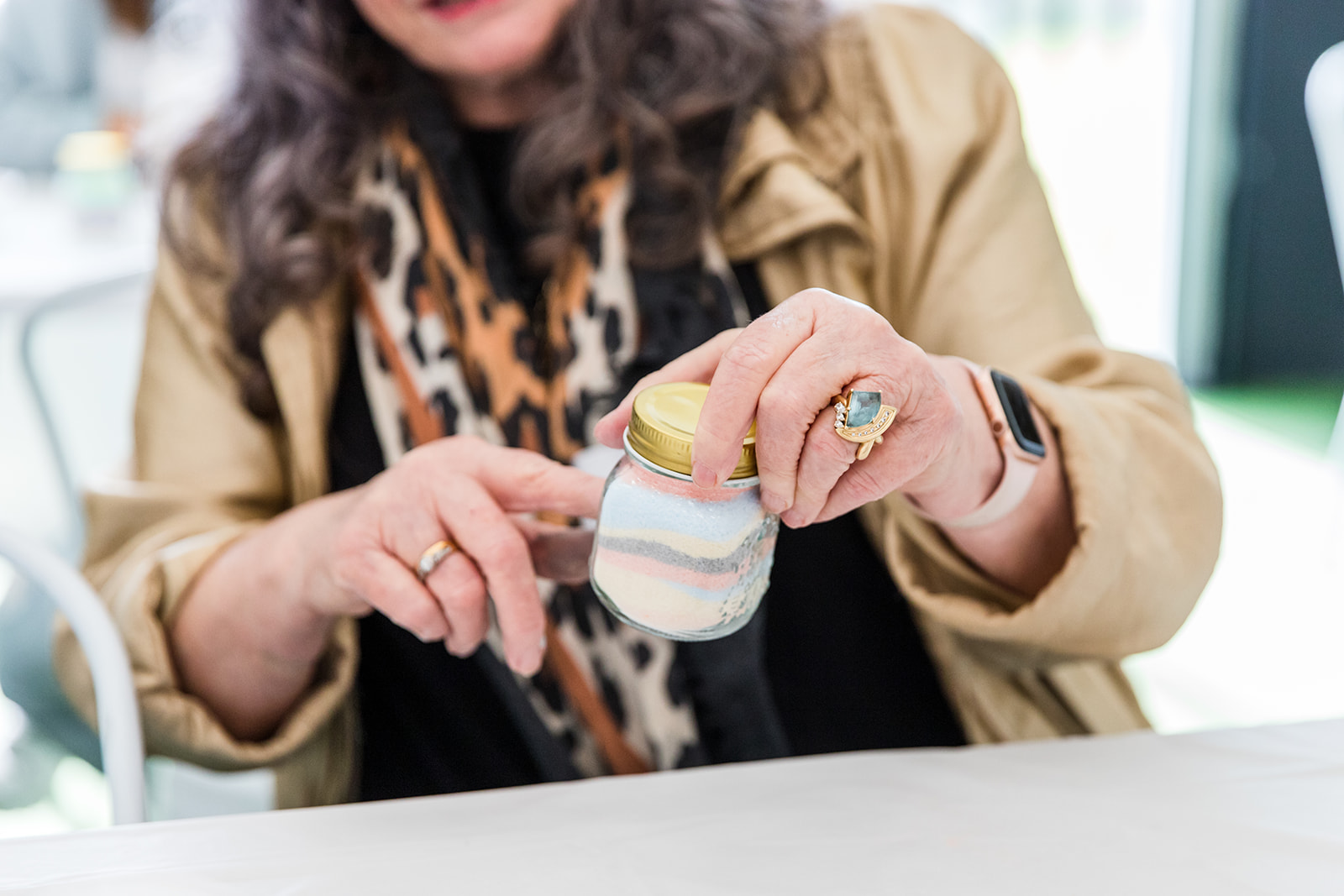Written by Katrina Shaw
In the throes of grief, it’s not uncommon to feel like our brains have stopped working. We may find ourselves forgetting appointments, placing the kettle in the fridge or struggling to string a coherent sentence together.
Our brains respond to grief in the same way it responds to any form of stress. And whilst low level stress can support us in building resilience and is often a good thing, prolonged stress can have the opposite impact and push our brain into long-term survival mode.
When we are in this state of survival, different areas of our brain are affected. The fight or flight hormones are released, our heart rate increases and the areas of our brain that control emotions and fear are receiving a rush of blood flow.
How does my brain change?
Our brain is constantly creating new pathways and connections based on our experiences (known as neuroplasticity) and after significant loss or emotional trauma, the pathways we’ve had for a long time may be strengthened or weakened. This rewiring creates temporary detours in order to prioritise our most basic functions.

Image credit: KVS
Pre-frontal cortex: This part of our brain is involved in our decision making and it becomes less active. It is taken over by the survival part of our brain – the limbic system.
Anterior-cingulate cortex: This part of the brain supports emotional regulation and becomes underactive
Amygdala: This part of the brain controls our fear and becomes overactive.
Will grief brain last forever?
There are things we can do to stop our brains from becoming locked into these new griefy pathways and support healthy rewiring. So in answer to the question: no, it won’t last forever (even though grief can make it feel like time has stopped) but we might need to give it a little nudge in the right direction.
By finding creative and contemplative activities that you enjoy, whether it be painting, meditation, expressions of faith or journaling, it’s possible to break the stress cycle. It’s important to find what works for you and this can sometimes take a bit of trial and error.
It’s important to cut ourselves some slack and try to set small goals that will still provide that happy dopamine kick and reinforce behaviours over time. These small goals can be anything from having a shower, eating a healthy meal or going for a walk and your capacity for tasks may change day to day. Remember, something is better than nothing!
Finally, we know that the effects of grief brain can be scary, confusing and frustrating but we are here to tell you that it’s completely normal. If you are struggling, it’s okay to ask for extra support from someone you trust, your GP or a qualified mental health professional. Lifeline Australia: 13 11 14 Griefline: 1300 845745
For more free resources from Grief Talks, click here!



